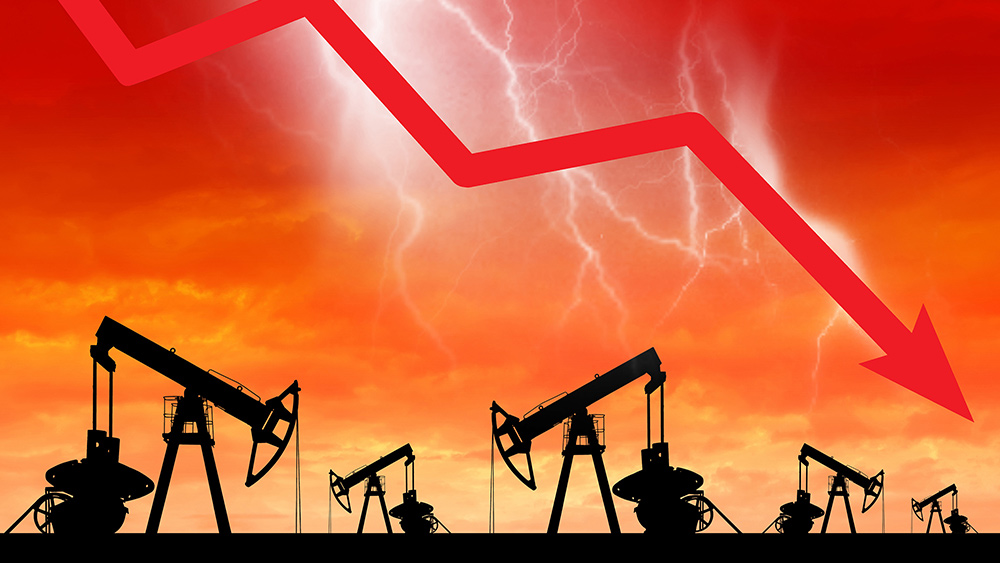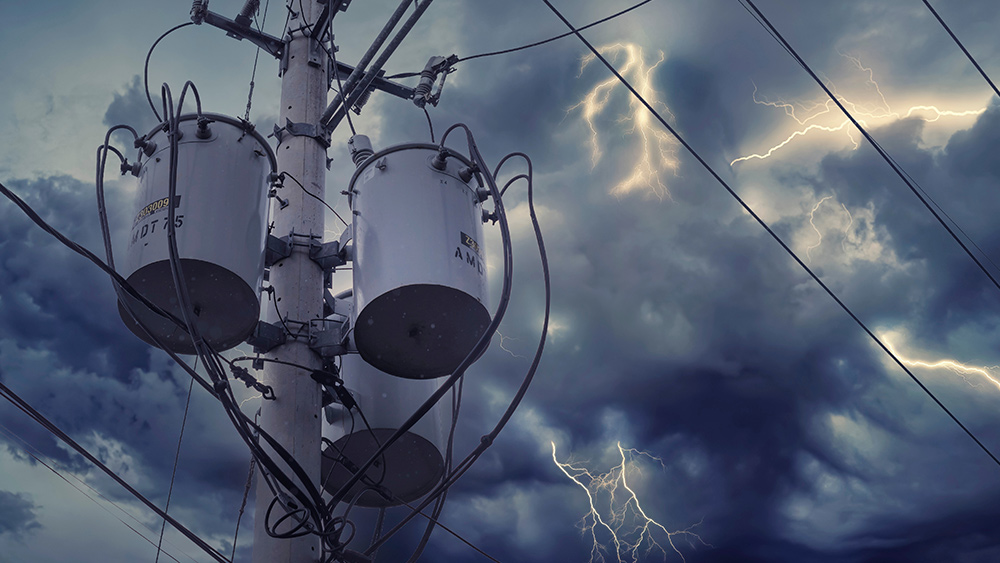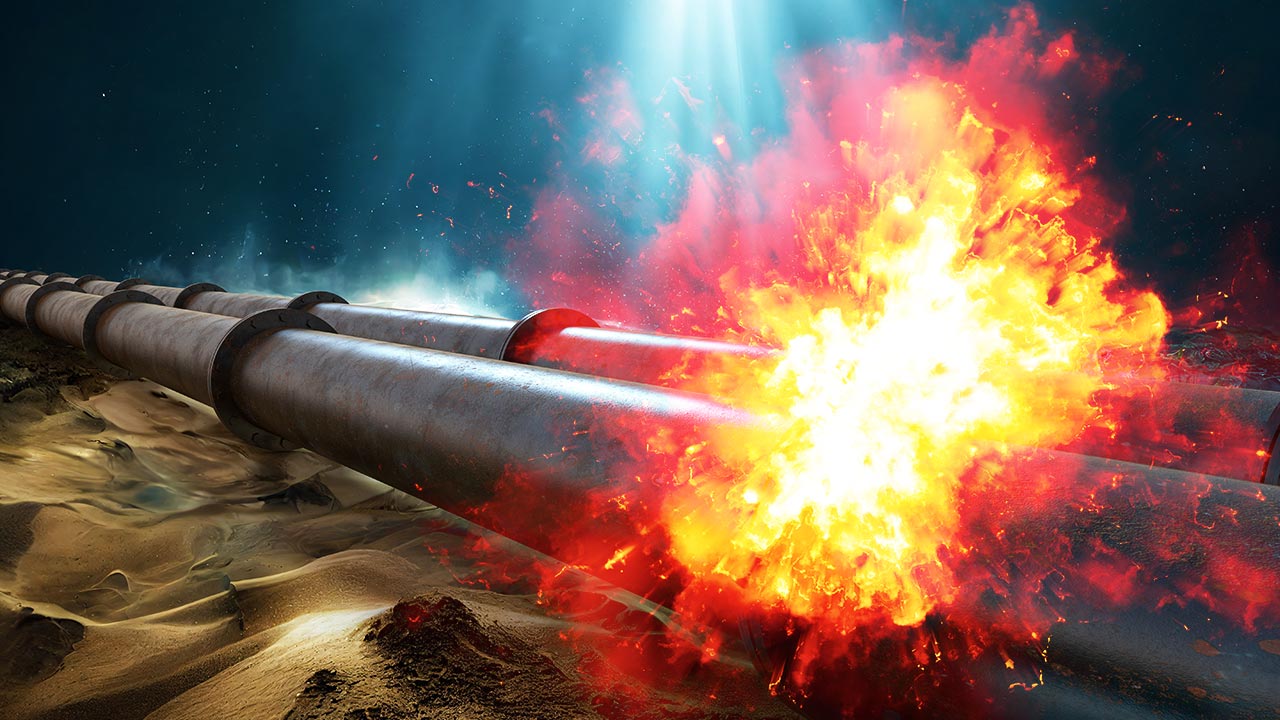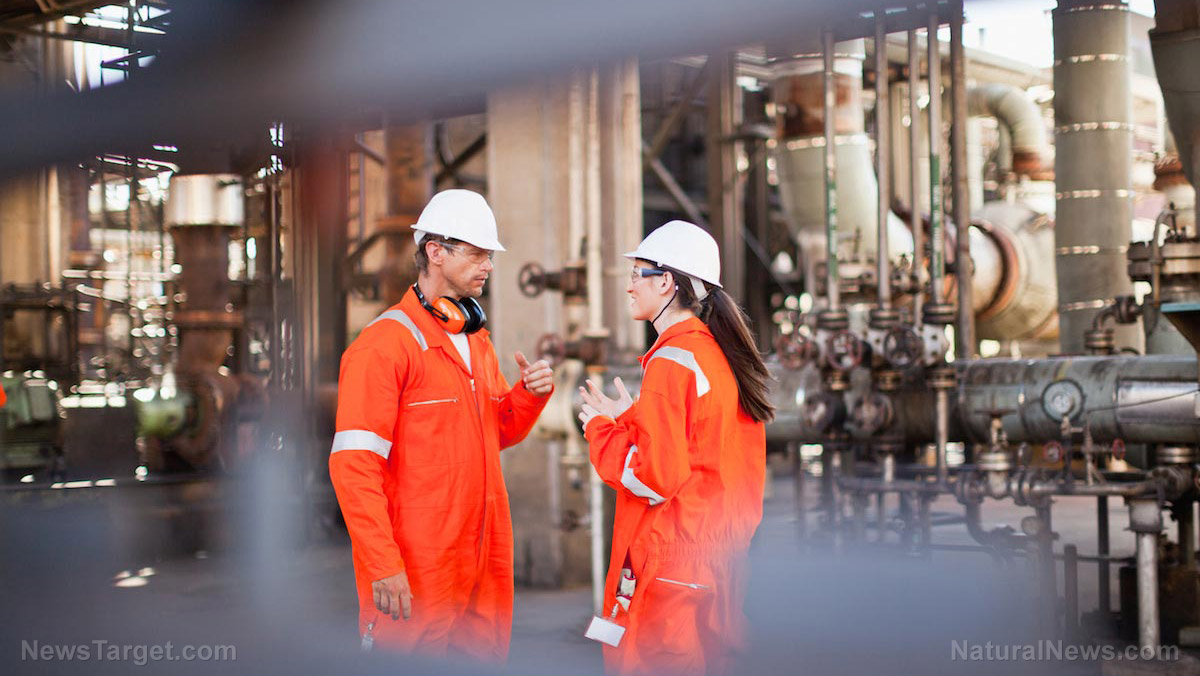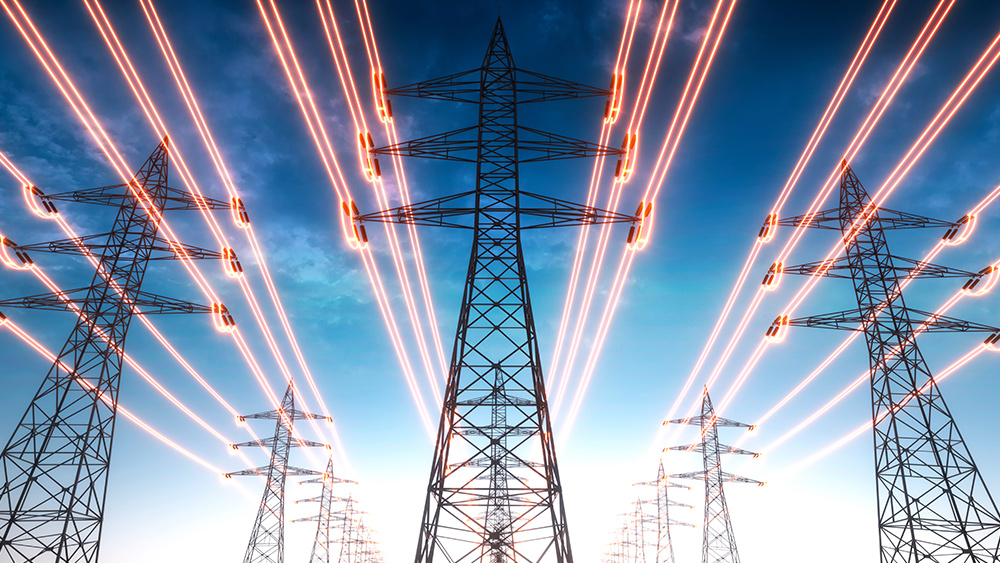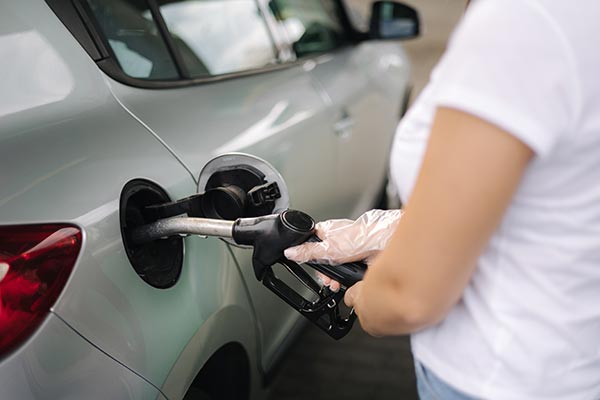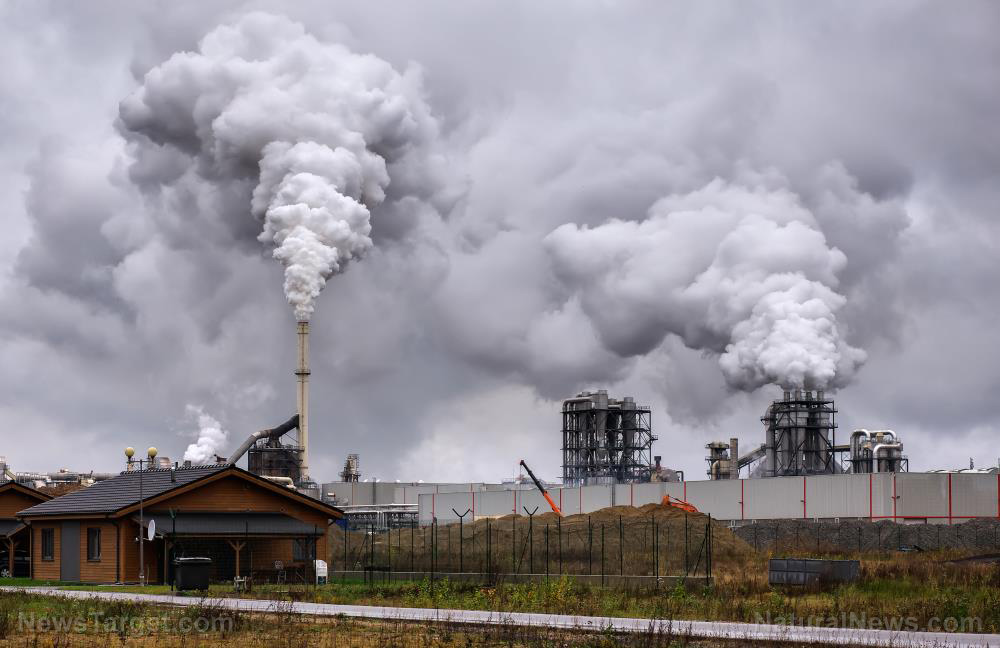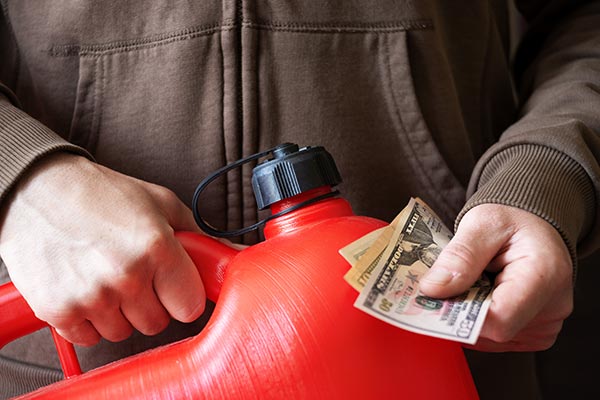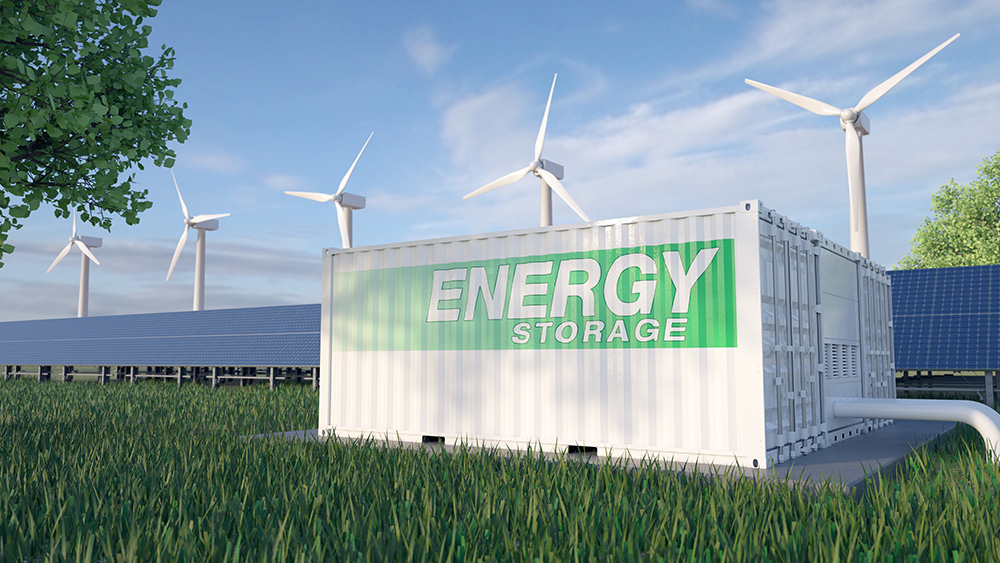Steel giant ArcelorMittal forced to shut down two massive German steel facilities due to energy crisis
11/02/2022 / By Kevin Hughes
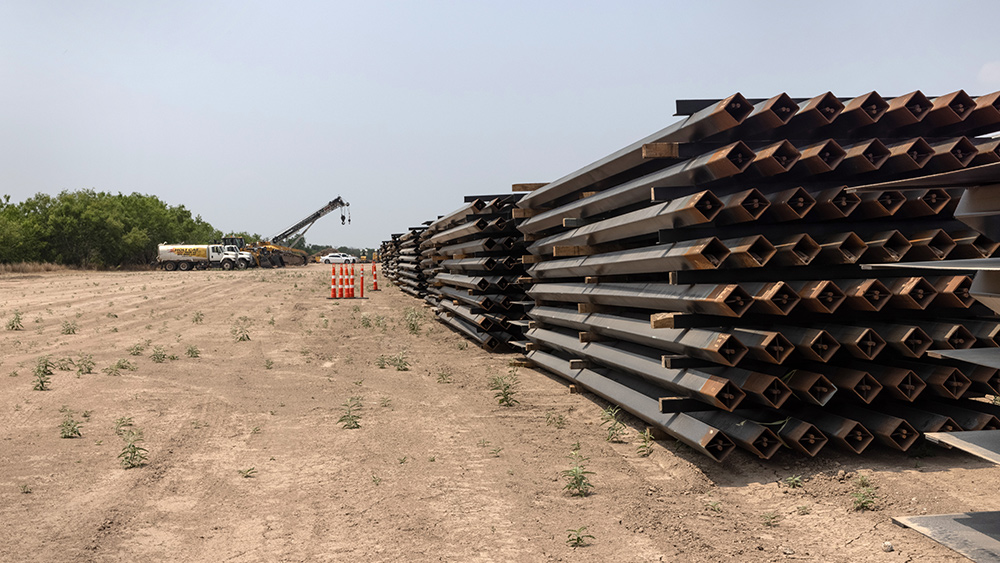
ArcelorMittal, the world’s second-biggest steel company, was forced to shut down manufacturing plants in Germany due to the worsening energy crisis there.
The steel giant stopped operations at one of its largest steel plants in the German city of Hamburg in September before shutting down a blast furnace at its Bremen facility in October. The shutdowns sent shockwaves throughout the German steel industry.
ArcelorMittal Germany CEO Reiner Blaschek lamented that the company can no longer keep up with high energy prices, adding that “production in Germany is currently no longer competitive.”
“With a tenfold increase in gas and electricity prices, which we had to accept, within a few months, we are no longer competitive in a market that is 25 percent supplied by imports. We see an urgent need for political action to get energy prices under control immediately,” Blaschek said. (Related: World’s largest steel manufacturer to shutter plants in Germany amid catastrophic energy crisis.)
A separate report by IndustryWeek cited “low market demand, negative economic perspectives and high CO2 costs in steel production” as the main reasons for the shutdowns, quoting an ArcelorMittal press release.
Germany’s industrial sector suffered serious repercussions after the European Union sanctioned Russia over the latter’s invasion of Ukraine. Cuts in natural gas supply to Germany in response to the sanctions, alongside damage to the Nord Stream pipelines, made the problem worse. Rising gas prices have already decreased demand for steel in manufacturing, the auto industry and construction, while steel plant operational costs continue to rise.
ArcelorMittal closures significantly reduced European steel capacity
Without energy from Moscow, the ArcelorMittal facilities were heavily reliant on the weather – only operating when there was a sufficient amount of renewable energy on the grid.
According to the German newspaper Die Welt, one of the smelters in the Hamburg plant require 76,000 kilowatt-hours of electricity in an hour. This amount of energy could run 500,000 television sets, the newspaper noted.
ArcelorMittal’s decision to close down the Hamburg plant has greatly impacted the supply chain. The plant makes more than one million tons of steel annually, which is then used in manufacturing machines, vehicles, ships, pipelines and buildings. Bloomberg reported that European steel capacity has already been reduced by about 20 percent across the bloc, with ArcelorMittal causing most of the reductions.
Two industry unions raised the alarm over the matter. The German steel trade association WV Stahl said additional energy costs in Germany are predicted to surpass $10.6 billion in 2022, about 25 percent of the steel industry’s average yearly turnover. Meanwhile, the Association of German Chambers of Industry and Commerce said the German economy could collapse and come to a halt if companies are unable to acquire more energy supplies.
Blaschek agreed as he called for urgent political intervention to regulate energy costs. “We need competitive energy prices for industry,” he said. “Other industrial sectors are also having major problems, and any slump in German’s steel industry may lead to a domino effect that could bring down the rest of the country’s industrial sector.”
Follow EnergySupply.news for more news about the energy crisis in Germany.
Watch Jonathan Kogan explain Germany’s energy crisis in the video below.
This video is from the channel The Jonathan Kogan Show on Brighteon.com.
More related stories:
Europe’s top steel plants CLOSE due to “exorbitant rise in energy prices”.
Sources include:
Submit a correction >>
Tagged Under:
ArcelorMittal, Bremen, collapse, economic collapse, electricity, energy collapse, energy supply, fuel supply, Germany, Hamburg, manufacturing, natural gas, power, rationing, Reiner Blaschek, Russia-Ukraine war, steel industry, supply chain
This article may contain statements that reflect the opinion of the author
RECENT NEWS & ARTICLES
COPYRIGHT © 2022 FuelRationing.news
All content posted on this site is protected under Free Speech. FuelRationing.news is not responsible for content written by contributing authors. The information on this site is provided for educational and entertainment purposes only. It is not intended as a substitute for professional advice of any kind. FuelRationing.news assumes no responsibility for the use or misuse of this material. All trademarks, registered trademarks and service marks mentioned on this site are the property of their respective owners.


